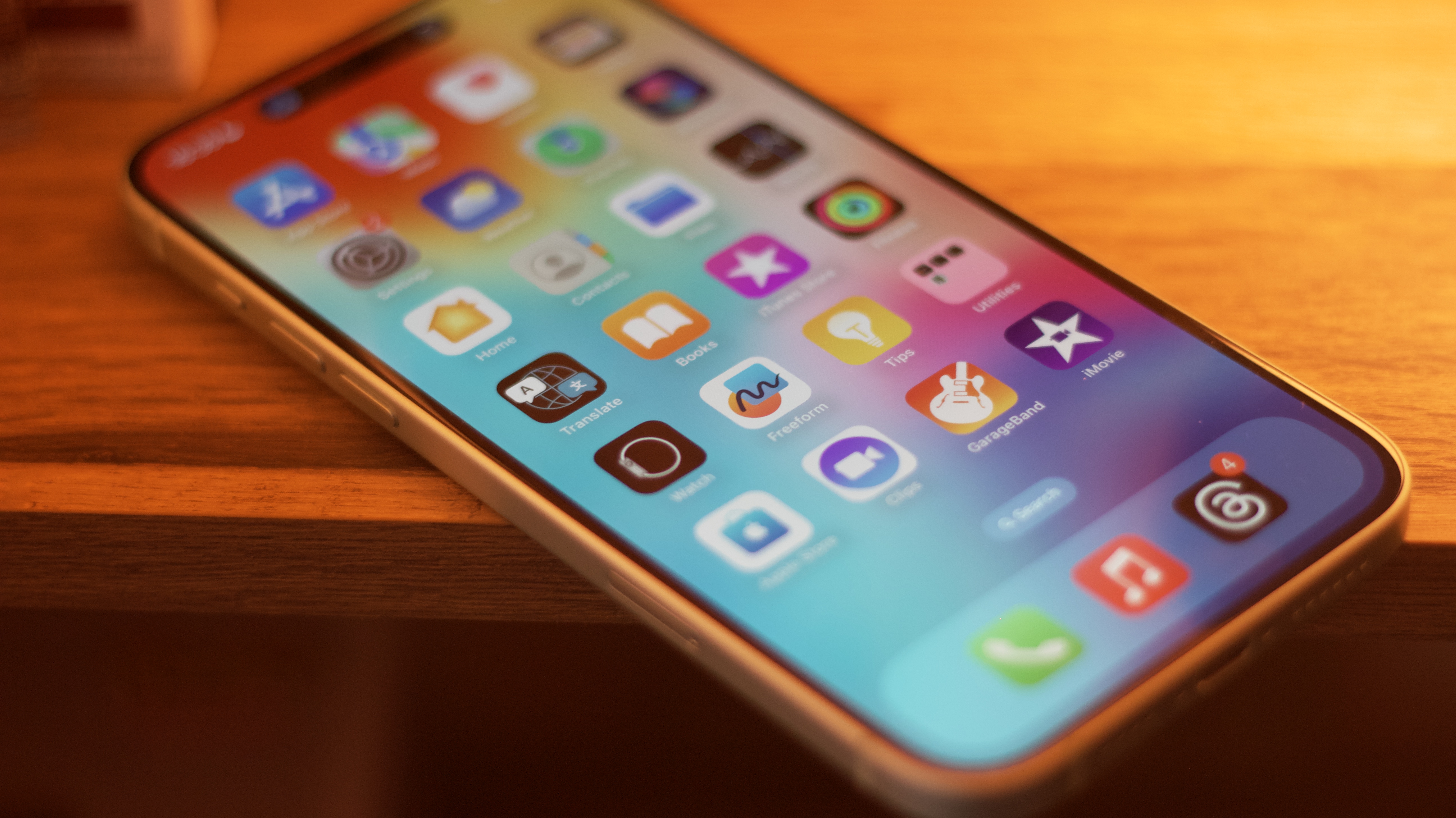
It's an open secret that Apple would prefer to have as much control over the components that go into its products as possible, and the iPhone is at the very top of the list of devices that Apple considers key to its progress. But as the company continues to find out, competing with those who have spent years perfecting their craft isn't all that easy.
Apple has been working to bring its own 5G modems to the iPhone for years and has so far found it difficult to design anything that can come close to offering the performance and capabilities of the modems it buys from Qualcomm. Apple even bought Intel's modem business to try and get a head start, but it still hasn't found a way to ship a modem designed by anyone at Apple Park.
Recent reports paint a picture of an Apple keen to use its own Wi-Fi chips, ditching Broadcom in the process. But a similar story seems to be developing: Apple has again hit a roadblock. And a new DigiTimes article suggests we shouldn't expect an Apple Wi-Fi chip any time soon, if ever.
'A general lack of confidence'
According to the report, "it is clear that Apple wants to take the Wi-Fi chip supply back into its control." But it isn't as simple as that, adding "industry sources pointed out that, based on the currently rumored progress and various technical limitations, it would be quite a challenge for Apple's self-developed Wi-Fi chips to hit the market in 2025."
The report goes on to say that "there is a general lack of confidence in Apple's self-developed Wi-Fi chips."
Digitimes suggests Apple might have to ditch plans to use the new Wi-Fi chip in the iPhone — at least temporarily — and instead choose a less mainstream product as a starting point.
In the interim, it's suggested that "unless Apple can poach or recruit a group of elite teams and invest significant resources in development, it won't be able to develop a viable wireless networking chip in the short term."
Interestingly, the report goes on to suggest that it might not be worth the time and money trying to design its own chips when it could be more cost-effective to simply by them externally. However, Apple's stance is likely different — it would prefer to have complete control over the development process and timeframe of the iPhones rather than rely on parts from other companies.
The ultimate in control
It's important to remember that Apple craves control, especially over its own products and the timescales associated with future updates. It wants to know that a certain chip with a given specification will be ready alongside other iPhone components so as to use that information to plan features for the future. It can best do that if it has complete control rather than relying on a third party.
It's a stance that has stood it in good stead to date — The M-series Mac chips are a prime example of what Apple can achieve when it takes back control, building some of the best Macs to date since it removed its reliance on Intel.







